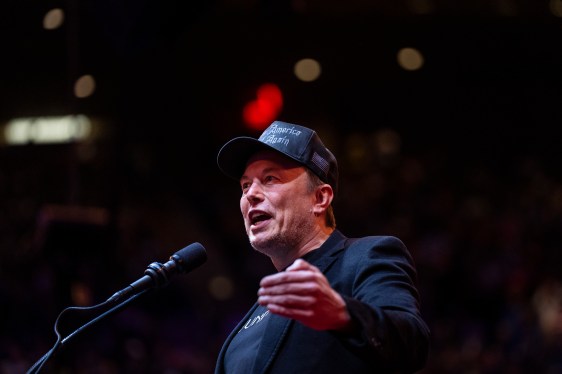How Much ‘Government Efficiency’ Can Elon Musk Pull Off?
The idea that government should be run like a business is not new. However, with individuals like Elon Musk and Vivek Ramaswamy in charge of government efficiency, it’s worth examining whether business principles can be applied to the public sector.
On the latest episode of Equity, Rebecca Bellan discusses the intersection of tech, business, and politics with Columbia Business School Professor Michael Morris. Morris is also the author of "Tribal: How the Cultural Instincts that Divide Us Could Help Bring Us Together," which was shortlisted for the 2024 Financial Times Business Book of the Year award.
The Challenges Ahead
Musk’s initiative to cut $2 trillion in government spending has sparked debate about the feasibility of applying business principles to government. The roadblocks to this initiative are multifaceted and include:
- Resistance from bureaucrats: Government officials may be hesitant to adopt new approaches, especially if they require significant changes to existing systems.
- Lack of clear goals: Without a well-defined vision for what "government efficiency" means in practice, it’s challenging to develop effective strategies for achieving it.
- Inadequate metrics for success: Current measures of government performance may not be sufficient to assess the impact of business-like approaches.
The Role of Tech Leaders in Government
The involvement of tech leaders like Musk and Ramaswamy in government has raised questions about their potential influence on policy decisions. This includes:
- Crypto and AI regulation: Tech leaders may use their positions to shape regulatory frameworks for emerging technologies.
- Innovation in the public sector: Startups are bringing new ideas and approaches to the military, but they face challenges such as higher costs of error and slower logistics chains.
Challenges for Startups Bringing Innovation to the Military
The integration of startups into the military is not without its challenges. These include:
- Higher costs of error: The consequences of mistakes can be severe in a military context, making it essential to balance innovation with caution.
- Slower logistics chains: The military’s complex supply chain can make it difficult for startups to implement their ideas efficiently.
The Future of Government Efficiency
As the concept of "government efficiency" continues to evolve, it will be crucial to address these challenges and develop effective strategies for implementing business-like approaches. This may involve:
- Collaboration between tech leaders and government officials: Building partnerships between individuals with business expertise and those with experience in government can help overcome resistance to change.
- Development of new metrics for success: Establishing clear goals and measures of performance will enable policymakers to evaluate the effectiveness of business-like approaches.
- Investment in innovation infrastructure: Governments can support startups by providing resources and infrastructure that facilitate the development and implementation of innovative solutions.
Ultimately, the success of Musk’s initiative and other efforts to apply business principles to government will depend on their ability to address these challenges and develop effective strategies for achieving their goals.




